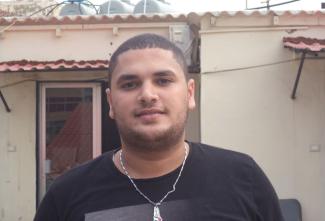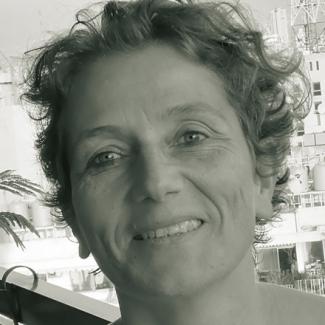Refugees
Palestinians in Lebanon

For a long time, the Palestinians in Lebanon were the best-educated ethnic group of the entire region. That has changed due to the impacts of Lebanon’s civil war (1975 to 1990), discriminatory laws and the funding problems of UNRWA. Social and economic marginalisation has kept getting worse in past decades. According to UNICEF, 96 % of Palestinian boys and girls in the age group six to 11 attend school. For 12- to 14-year-olds, the share is only 63 %, and it drops to 40 % for 15- to 17-year-olds. Many youngsters do low-paying work instead of going to school.
More girls attend school than boys. The higher the grade, the bigger the share of girls. In secondary school, 59.2 % of pupils are girls and only 42.9 % are boys. Girls are also ahead when it comes to graduating from middle school as well as high school, because more boys drop out.
The girls‘ situation strongly depends on their family. Isra says that her parents have always supported her. Her cousins, on the other hand, performed less well at school and were married by their 16th birthday. Kholoud points out that ever more parents appreciate the value of their daughters‘ education, recognising that knowledge is a valuable tool for girls.







